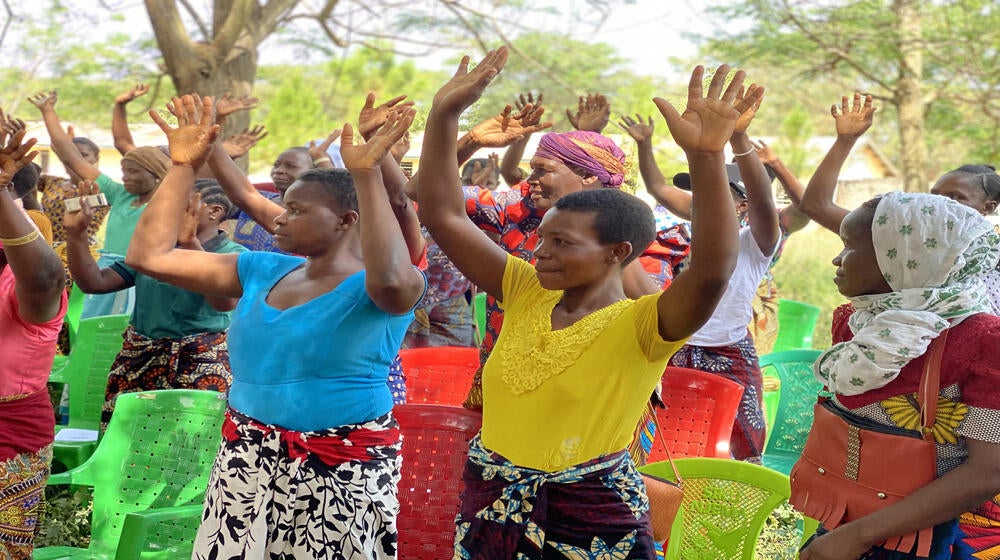A census is a large and challenging exercise, but its importance cannot be overstated. More than just a headcount of how many people are living in Tanzania - by age, geographic region and sex - it provides detailed demographic, social and economic data on how they are living, which is indispensable for informed decision-making and public resource allocation. It is also instrumental in understanding development challenges and guiding decisions on the appropriate actions for driving transformation.
Accurate and up-to-date data that is generated from census is also the cornerstone of tracking progress towards national, regional and global development commitments - including Visions 2025 and 2050 for Tanzania Mainland and Zanzibar respectively, Agenda 2063 for Africa, the 2030 Sustainable Development Goals, and the 1994 Programme of Action of the International Conference on Population and Development (ICPD) – all with their strong sentiments of leaving no one behind.
By reaching out to all households in the country – and as the sole source of detailed and standardized statistics for small areas and population sub-groups – the census is also a unique source of information to map the needs of the most vulnerable and marginalized groups – women and girls, adolescents, older people, persons with disabilities – with fine geographic granularity. It helps us better understand disparities across the country, and where, and how to invest in everything from schools to health care, to road network, etc. With data, the most in need are visible.
In addition, other surveys undertaken during this period are also dependent on the census data sampling frame to ensure that accurate, timely and quality data is available.
The Government of the United Republic of Tanzania is taking bold steps to ensure that everyone is counted in the 2022 Census, using Geographical Information System (GIS) technologies to demarcate the country into enumeration areas for the first time, and adopting a combination of traditional and digital data collection methods to ensure that data collection processes are faster, more efficient and more cost effective.
The use of new digital software and equipment, however, has required more preparation by the National Statistics Offices (NBS & OCGS) and the need for census staff to learn different skills. UNFPA has supported this process through South-South Cooperation, leveraging the knowledge, expertise and best practices of countries that have successfully used combined data collection methods and new GIS technologies. These preparatory steps – under the strong stewardship of the government – will contribute to a successful census and optimize the accuracy of the census count.
For the 2020 round census and precisely the 2022 population and housing census in Tanzania, there are many some unprecedented aspects particularly related to technological advancement. There are many new and first time aspects to the Census too: first time to do a digital Census in Tanzania, First time to do housing count and Physical addressing. These changes are vindicated in achieving a complete and accurate count in all communities across the country. Therefore, although census results will be obtained at high investment cost, their usefulness to change the lives of the people in the country cannot be overstated.
UNFPA will continue to support preparations and the implementation of the census ensuring that data generated is of high-quality, widely accessible and enhances evidence-based decision making, accountability and transparency.
“UNFPA and the UN family in Tanzania commends the commitment of the National Bureau of Statistics, the Office of Chief Government Statistician and the Government of the United Republic of Tanzania in undertaking this huge exercise, which without any doubt will reap dividends. We stand ready to continue to support in the lead up to census enumeration, and beyond; and will continue working with the Statistics Offices in mobilising additional development partners and the private sector to support this Census”. Mark Bryan Schreiner, Representative, UNFPA, United Republic of Tanzania.
In due consider of the importance of the exercise, the Government of the United Republic of Tanzania has dedicated resources to implement the census; additional financial support is being provided by the Government of Sweden (through the One UN Fund), the Government of the United Kingdom and UNFPA.


